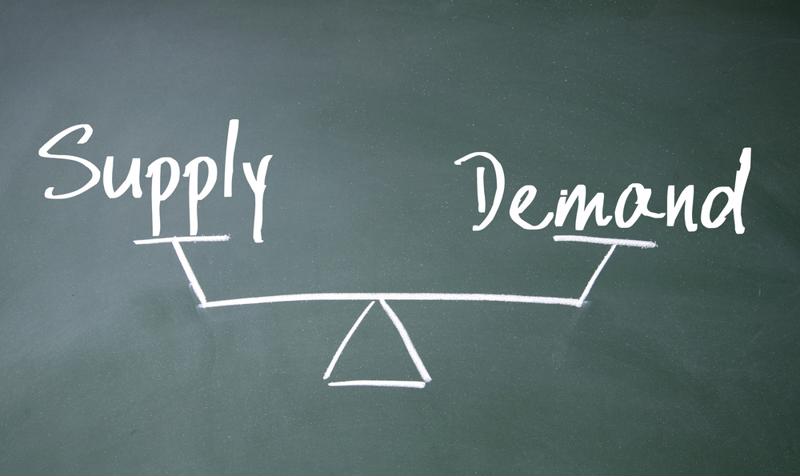For the month of October, the Consumer Price Index among all items (food included) rose a seasonally adjusted 6.2% compared to the same month in 2020, the Department of Labor announced recently. That marks the biggest annual increase since 1990, according to The Associated Press.
Energy, food and shelter prices all rise
The Consumer Price Index tracks the direction of merchandise costs — rising, reducing or staying put — and compares them on a monthly and year-over-year basis. In just about all segments in October, prices rose from year-ago levels, with the largest instances of growth affecting energy, shelter and food, the report showed. Prices also climbed from September, up nearly 5% for energy, 0.5% for shelter and close to 1% for food.
This latest data comes amid rising concerns related to the supply chain. Due to heavy demand and inadequate supply, prices have ratcheted higher and higher. The question is whether these pressures will wind up cooling demand so output can catch up. So far, anyway, demand remains red hot, noted Sarah House, a senior economist at Wells Fargo.
"The consumer is still going out and spending, which is why we are seeing the price gains we're seeing," House told The Associated Press.

How long will inflation last?
Economists are at loggerheads as to how long inflation — and the resulting impacts on the supply chain — will last. Will it be more of the same heading into 2022, or will inflation cool down before long? Jerome Powell, chair of the Federal Reserve, thinks the former is the more likely scenario. Speaking at a conference held by the International Settlements-South African Reserve Bank, Powell warned "supply-side constraints have gotten worse" since the pandemic began in early 2020, Vox reported. Furthermore, Powell said he anticipated "more persistent bottlenecks" and rising inflation to continue apace.
But the former chairperson of the Fed — Janet Yellen, who now serves as secretary of the treasury — is more sanguine on the matter.
"Monthly rates of inflation have fallen substantially from the spring and early summer," Yellen told CNN's State of the Union. She added that while she anticipates inflation to persist into the early portion of 2022, conditions are more likely to improve by the midpoint of next year.
Meanwhile, President Joe Biden says he's monitoring the issue and is working with his administration to see what can be done to improve the situation. Biden has stated on a number of occasions that Congress' passage of his Build Back Better plan will help to unclog bottlenecks in the supply chain. More product availability will naturally lower inflationary pressures.
"Inflation hurts Americans' pocketbooks," Biden said on a visit to the Port of Baltimore, "and reversing this trend is a top priority for me."
An evenly divided Senate and disagreements among lawmakers on the overall cost of the Build Back Better plan have stalled the legislation.



Post A Comment:
0 comments so far,add yours